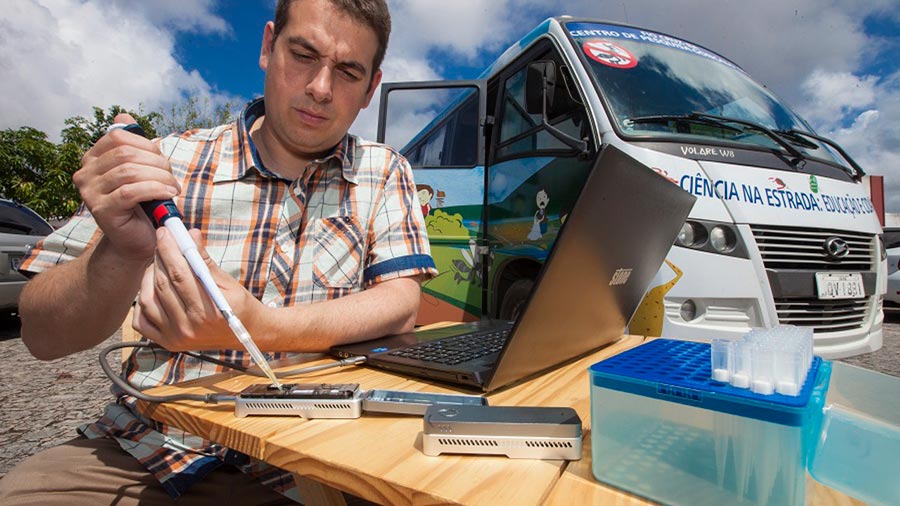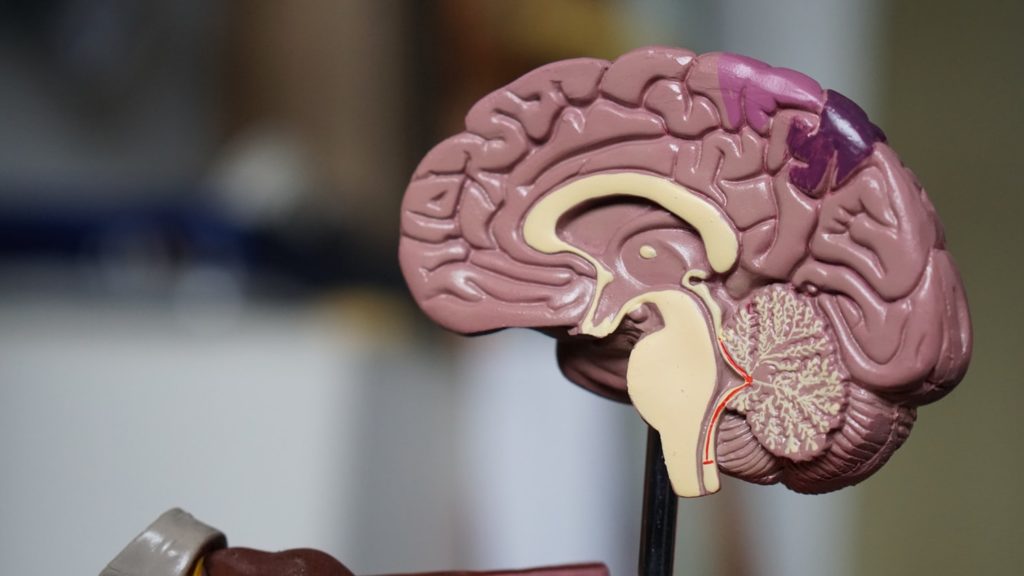Background
Current Injury severity scoring systems initially developed to predict mortality in blunt trauma and then refined to predict all major trauma, are currently understood as having severe limitations in terms of both prediction as well as stratification of major trauma. In addition to that, integration of the multimodal data set a problem due to complex interactions of the inflammation and response to trauma. Our aim is to find a strategy to integrate multiple diverse data sets that can be used as physiological based scoring systems to stratify trauma patients and predict clinical outcomes into the rehabilitation phase of treatment.
Method
Using existing longitudinal physiological, metabolomics, and biochemical data from the SIRS, SIFTI and Golden Hour studies a repertoire of computational biology and systems biology techniques are applied to develop a model of injury that enables the improved stratification of patients. Artificial Intelligence based approaches are applied to cater for the integration of multimodal datasets, from metabolomics to clinical, so as to develop state of the art models from outcome prediction.






